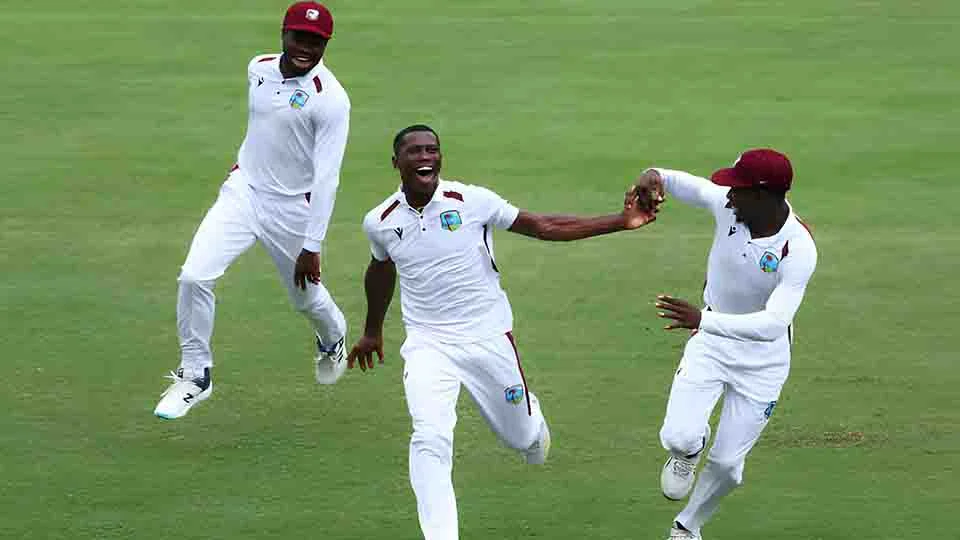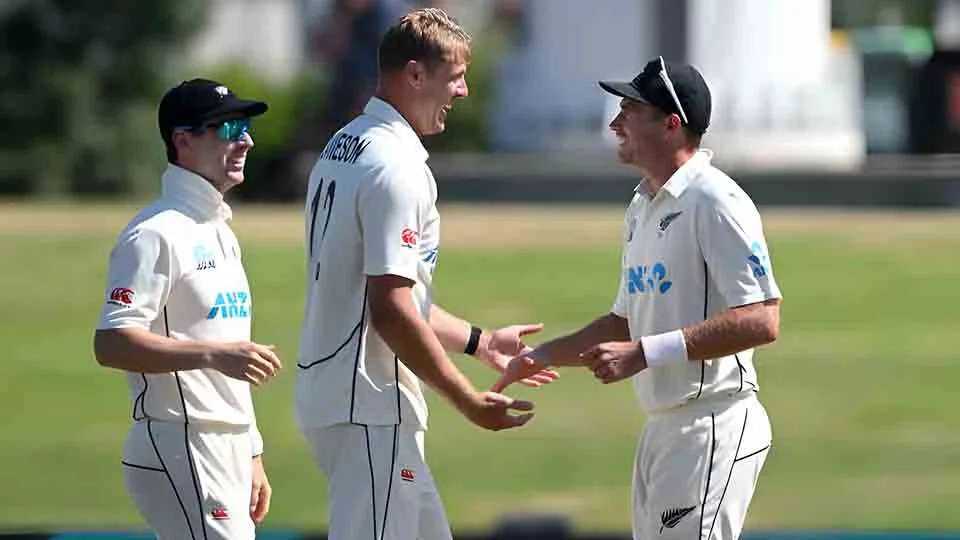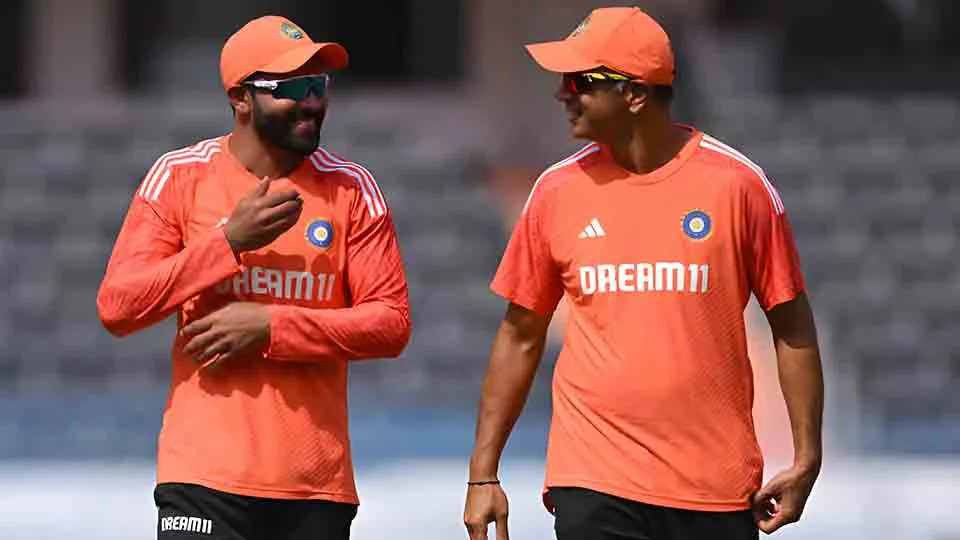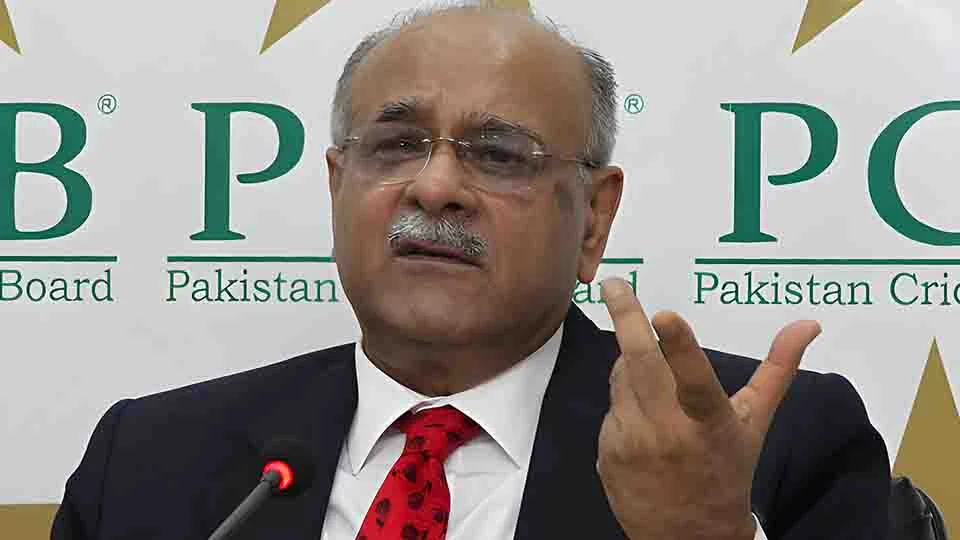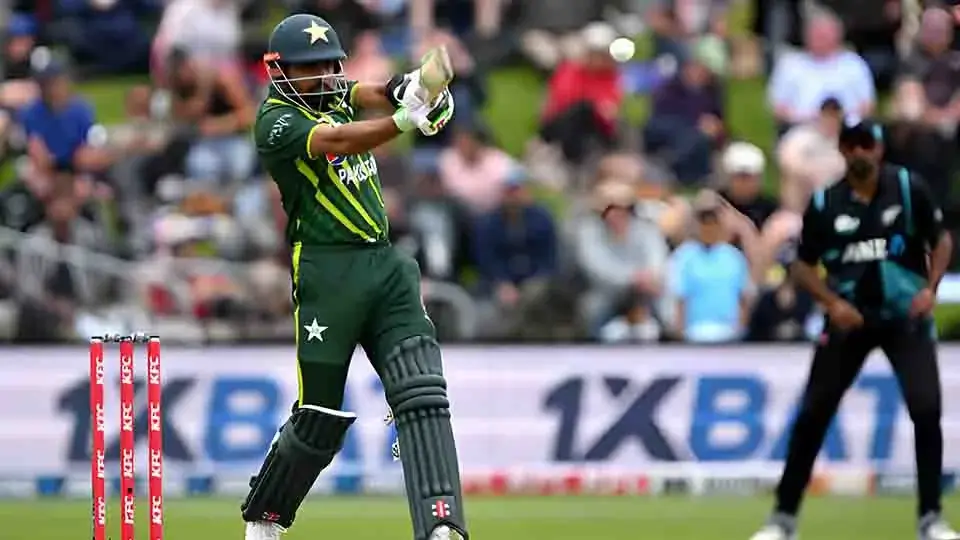Tears streaming down the faces of Carl Hooper and Sir Brian Lara weren't just tears of joy for a hard-earned victory; they symbolized the immense emotional rollercoaster West Indies cricket had endured in recent years.
The journey's twists and turns began with the electrifying T20 World Cup in 2016, when Carlos Brathwaite's miraculous four consecutive sixes against Ben Stokes transformed mere dreams into reality. However, the highs were soon met with crushing lows as West Indies found themselves sidelined from the ICC Champions Trophy in 2017.
The heartbreak continued to unfold on the grand stage of the Cricket World Cup in 2019. Despite their storied legacy, the West Indies team struggled, managing only two victories and finding themselves trailing behind even Bangladesh on the points table.
The disappointment weighed heavily on the shoulders of players and fans alike, casting a shadow over the once-glorious West Indies cricketing tradition.
As if the challenges weren't daunting enough, internal rifts between the board and players further exacerbated the team's struggles. The Men's T20 World Cup in 2021 marked another painful chapter in their journey.
A humiliating defeat against England, where they were skittled out for a paltry 55 runs, left fans reeling in disbelief. To add insult to injury, they languished second to last on the tournament table, a bitter pill to swallow for a team with such a rich history of entertaining cricket.
Hope flickered faintly as fans clung to the belief that West Indies would rise from the ashes, but fate had other plans. The subsequent T20 World Cup qualifiers unfolded as a nightmare, with West Indies failing to secure a spot among the top ten teams.
Defeats against Scotland and Ireland, by margins too painful to contemplate, shattered the dreams of redemption.
The ultimate blow came with the Cricket World Cup qualifiers in Zimbabwe. A loss against Zimbabwe followed by a heartbreaking defeat in a super over against the Netherlands left the cricketing world in shock.
The collective anguish felt by fans was palpable as the realization dawned that West Indies, a powerhouse in the cricketing realm, would not even grace the World Cup stage.
Amidst the despair and desolation, murmurs of the end of an era echoed through social media. Some called for drastic measures, suggesting West Indies be stripped of their Test nation status and relegated to associate nation status. Yet, amidst the darkness, a glimmer of hope emerged at the historic Gabba.
In a Test match against Australia at Adelaide, West Indies, often underestimated, summoned the spirit of champions. Despite a rocky start at Gabba, that saw half the team dismissed for a mere 65 runs, Kavem Hodge, in only his second Test match, ignited a flame of hope with a resilient partnership alongside Joshua Da Silva.
The scoreboard ticked past 300, thanks to determined contributions from Roach and Alzari Joseph.
With a target of 215 set, Shamar Joseph, a relative newcomer to the Test arena, emerged as the unlikely hero. Battling through an injury, he delivered a spellbinding performance, claiming seven wickets.
As he uprooted Hazlewood's stumps, the Gabba erupted into scenes of jubilation. West Indies players embraced, tears of ecstasy flowing freely as the weight of decades lifted off their shoulders.
Sir Brian Lara, visibly moved in the commentary box, shared an embrace with his compatriots, embodying the collective joy felt by all who cherished West Indies cricket.
Darren Sammy's poignant question on social media, "Are you not entertained?" reverberated across the globe, encapsulating the euphoria of the moment.
In that historic victory against Australia, West Indies cricket found redemption. The triumph, after 27 long years, served as a testament to the resilience and indomitable spirit of a team that refused to be counted out.
As the cricketing world celebrated, there was a collective belief that this young West Indies team would rise from the ashes and reclaim its rightful place among the cricketing elite.




